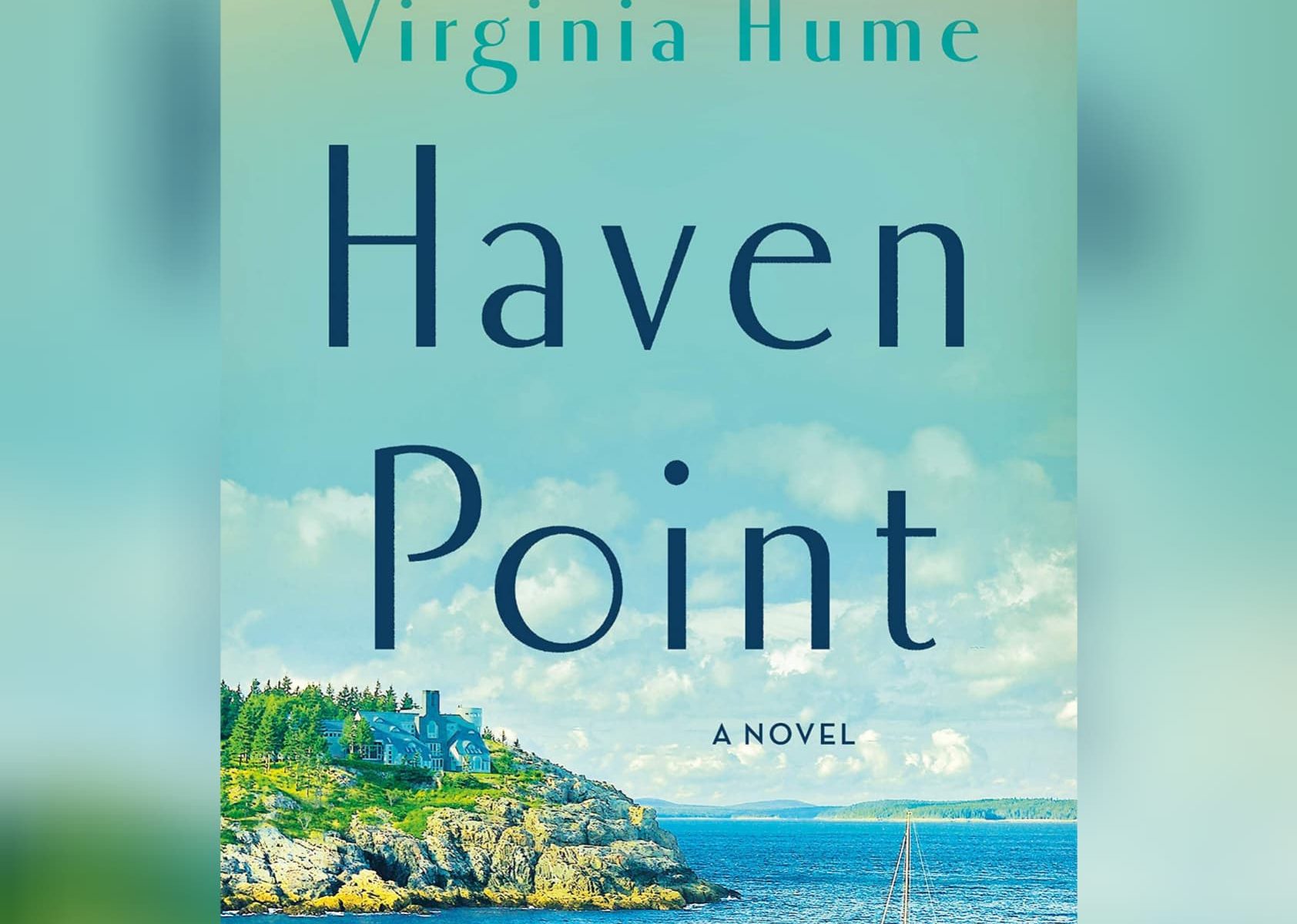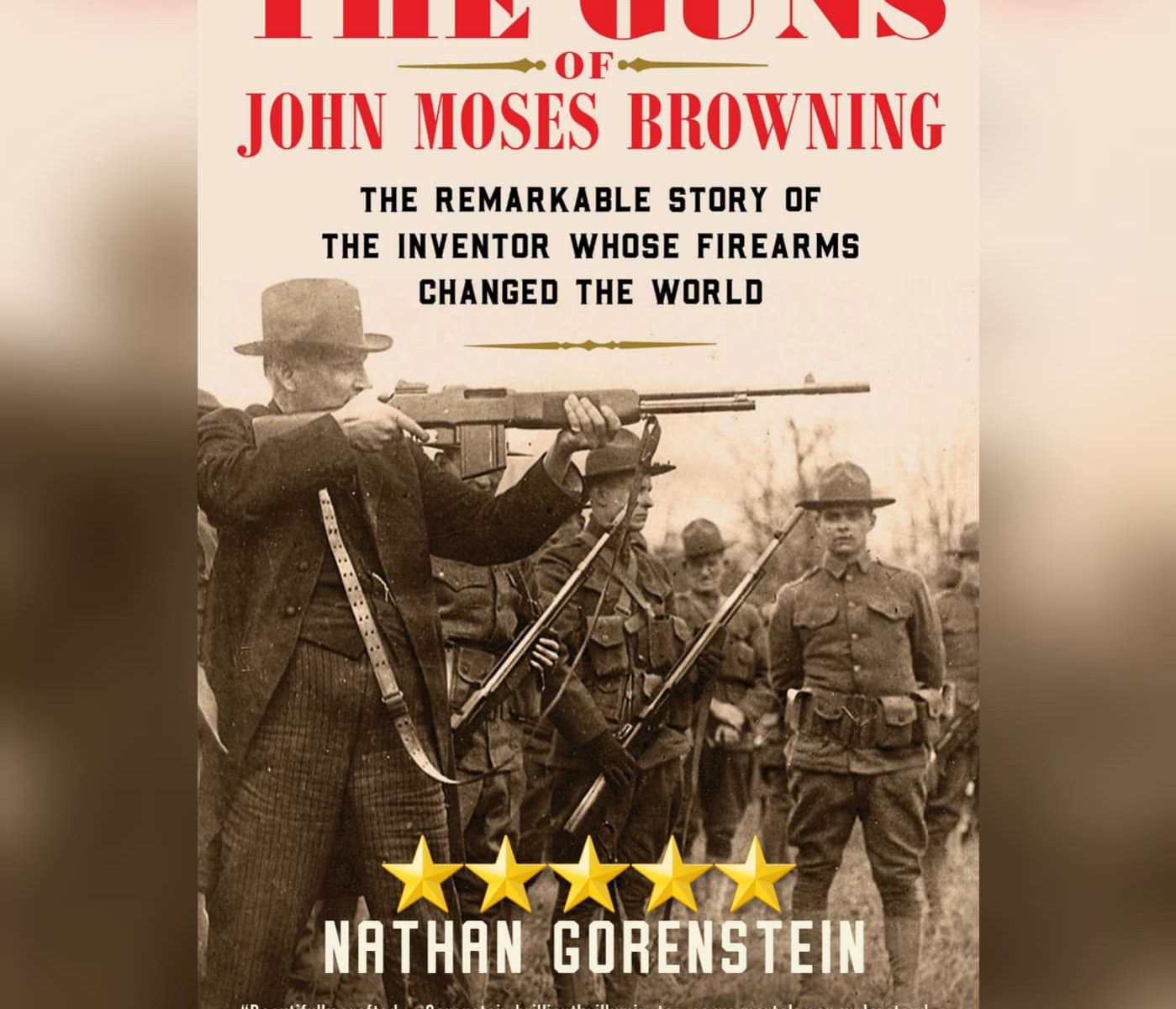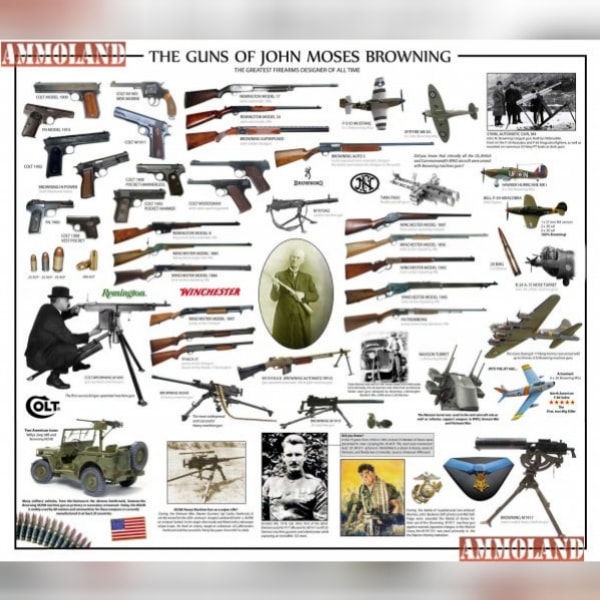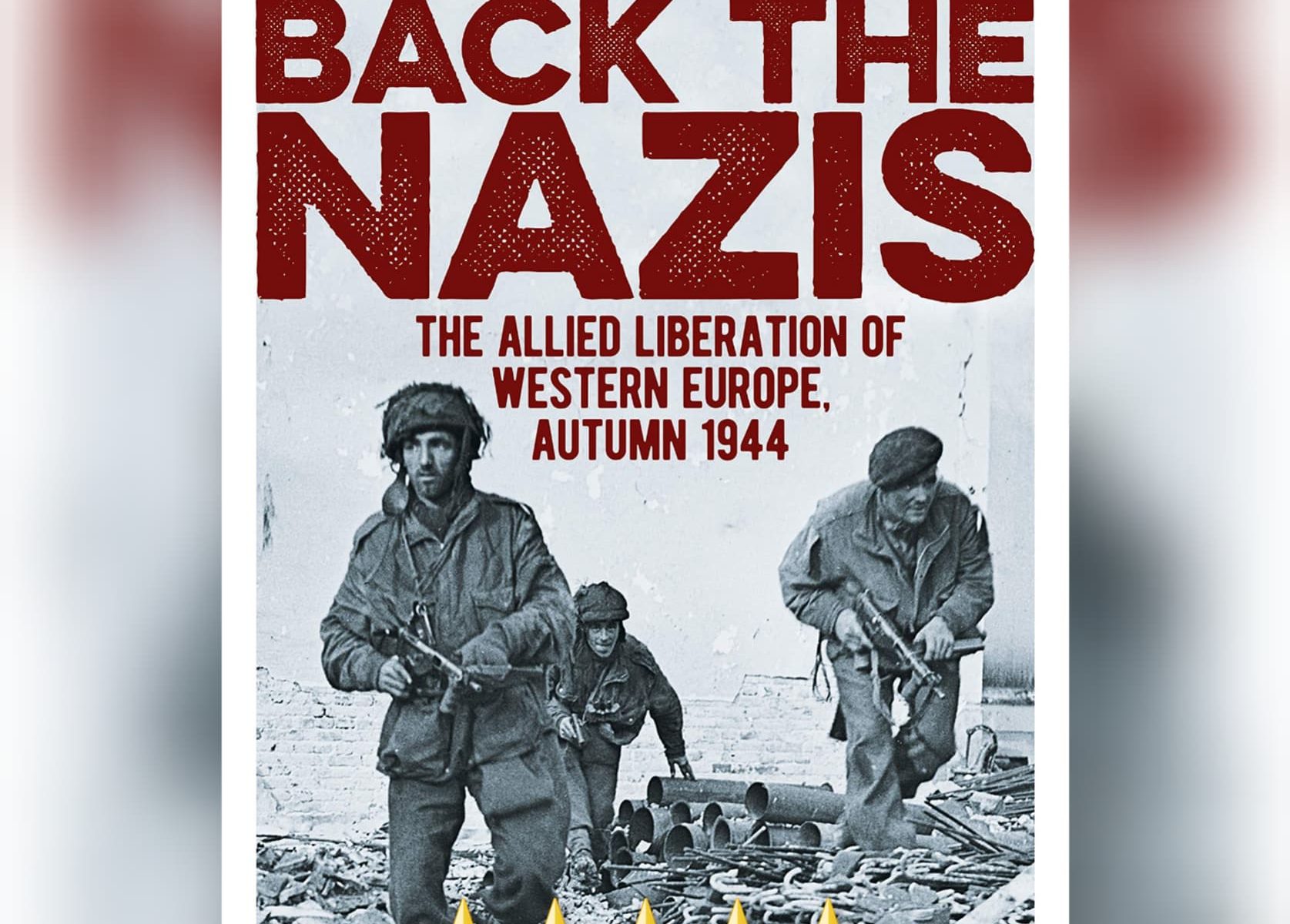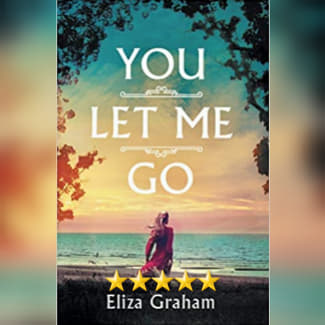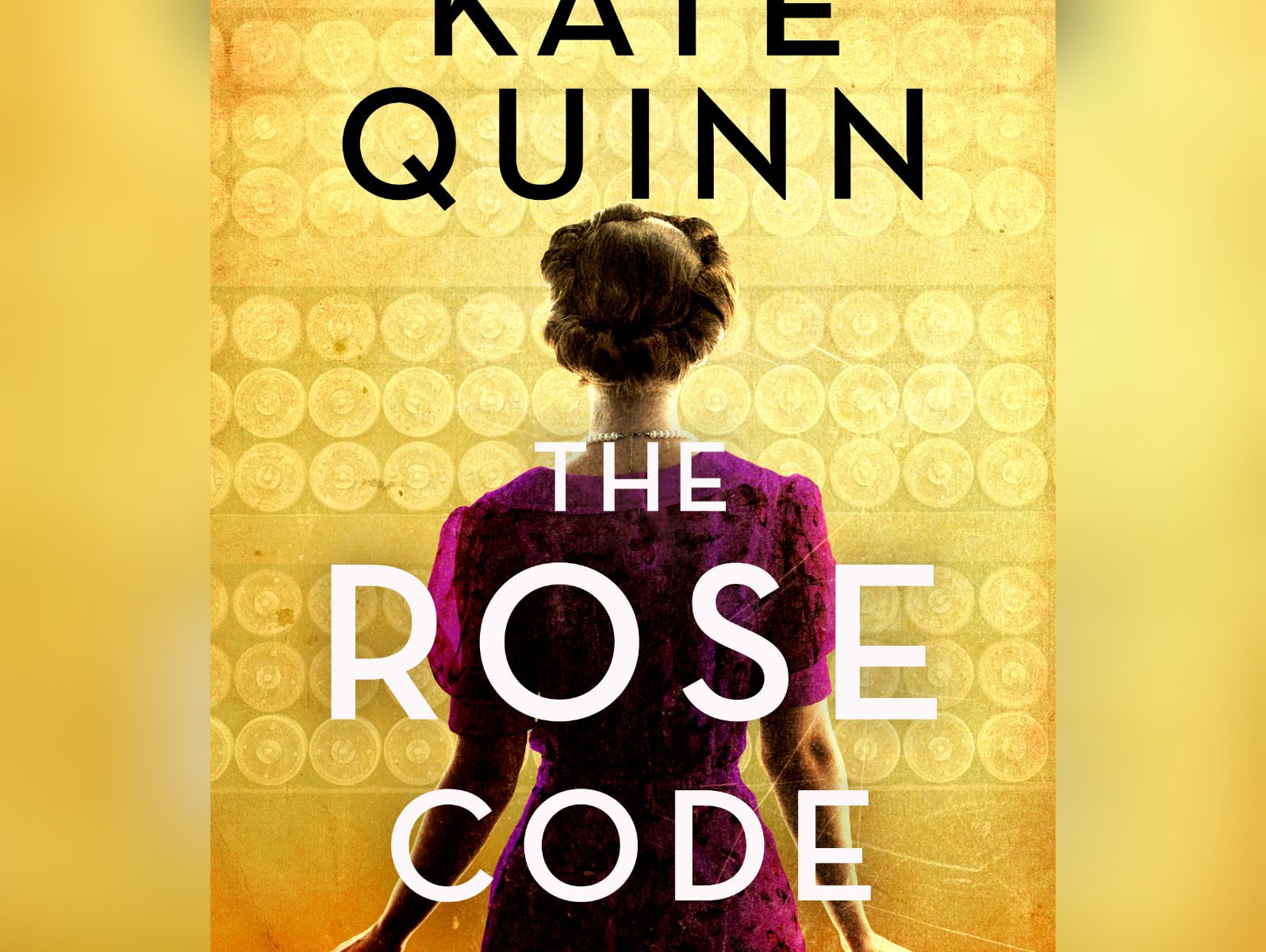For this blog tour we’re looking at a beautiful tale of life on Hawaii between December 7, 1941 (the day we open the book) through the Battle of Midway months later. For this blog tour, we’re looking at Radar Girls by Sara Ackerman.
Here’s what I had to say on GoodReads:
Beautiful Story Of Life On Hawaii Between Pearl Harbor and Midway. This is one of those books where you almost audibly hear Faith Hill singing through parts, particularly the obligatory romance subplot – and particularly its later stages. Fortunately the romance subplot is well done yet mostly muted in favor of showing the women’s bonds and work, which was an area of WWII I’d never heard of. Specifically, while college football player men were being rounded up to bolster island security forces, these ladies – both natives and those there because their husbands were already military – were being recruited (almost drafted, really) to man the very radar stations that had failed to realize what the Japanese were on that fateful morning in December 1941. It is actually on that morning that our story opens, with main character Daisy “borrowing” a horse and going skin diving for subsistence… when she witnesses an air battle directly above her. The story then spends most of its time in the next few months, culminating in the Battle of Midway from the perspective of these “Radar Girls”. (And following with the obligatory post-war epilogue.) Beautifully written and full of heart, this is one that fans of historical fiction / WWII fiction will definitely love, and readers of all types should read even if it isn’t normally your thing. Very much recommended.
After the jump, an excerpt from Chapter 2 of the book followed by the publisher details, including buy links!
Continue reading “#BlogTour: Radar Girls by Sara Ackerman”


